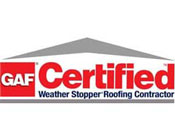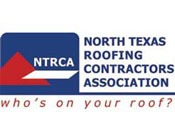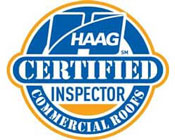Various Types Of Roofing Shingles Roofing Contractors Use
There are various types and styles of shingles used by roofing contractors here in Dallas. Depending on your particular budget, climate, and aesthetic requirements we have a few options.
Your current roof may be working for you right now, but time and the elements will wear it down eventually. Think of it as a serious investment. If you prefer shingle type roofing, then you need to be aware of the various kinds that can suit your home according to the climate you live in. The following are some popular choices among home owners who own roofs that are 10 to 50 years old:
Composition Roofing Shingles
These shingles are made out of fiber glass and asphalt and are quite popular with roofers in Dallas, and their clients, because of the ease with which they can be applied. They are also quite durable and come in a range of colors and styles. This makes them particular favorites with those who live in localities that experience extreme weather conditions. In some roofs, these can even be nailed on top of old shingles and will do a good job of protecting against fire hazards. However, composition shingles are not as strong against chilly weather.
Clay Roofing Shingles
Clay or terracotta clay tiles have long been used as staple shingle material because of their strong resistance to insects, mold and fire. This makes them very durable. However, they can easily break if they are stepped on and since they are quite heavy as well, chances of them getting damaged are high and can be costly.
Organic Asphalt Roofing Shingles
These shingles are made of organic felt material that is soaked in asphalt in order to make it water proof. Next, a single coating of adhesive asphalt is applied after which granules made of ceramic are added to the shingle. These comprise of 40% asphalt/100 square feet along with glass fiber asphalt shingles. This makes them heavier than other types of shingles but this works in their favor since they cannot be blown away during stormy weather conditions. Plus, due to the high asphalt density, these types of shingles can’t break easily.
Fiberglass Asphalt Roofing Shingles
As the name implies, these shingles are comprised of glass fiber matting that gives them their strength and durability. In this case the asphalt enters the glass fibers and completely fills out all the miniature spaces thus making it effectively waterproof. Fiberglass asphalt shingles are cheaper to make and very resistant to fire. This makes them popular choices with home owners who live in dense urban areas and those who live in cold climates.












